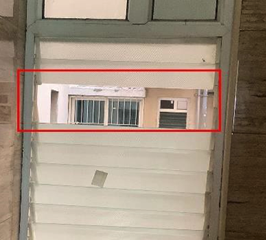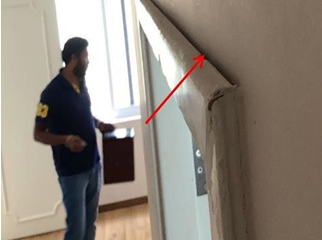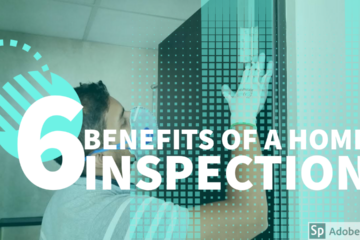Flooring Issues

When I finally found my dream house, I got so caught up in excitement to move into my soon-to-be completed house that I completely forget about the things I was supposed to focus on. In this article, we would like to look into the common flooring issues you can possibly face in your new house or rented accommodation.
We pretty well know that flooring isn’t cheap, so when you are moving into a new house, you want to make sure that your new flooring to last and stay beautiful for a long time. If your floor develops flaws, it can cause frustration and anxiety as you walk over the faulty floor every day.
Uneven floor indicates a high priority warning that your home is experiencing a serious foundation problem.
Also, uneven flooring can cause tripping and falling, so it’s important to make sure that your floors are safe. Once you know the top causes of uneven flooring, you can make sure that your own floors are safe for family and friends.
Uneven Flooring – Causes
-
Foundation Settling
As we have earlier mentioned in our article “Cracks in Walls”, it’s common for all houses to do some settling over a period of time. This becomes more important if you are buying a renovated house or moving into a rental accommodation. As the house starts settling down, the plot of ground that holds your house may not be able to effectively support the weight of the house. Significant foundation issues will ensue if your house settles too much. Common symptoms of foundation problems include squeaky floors, uneven floors, cracks in the drywall of your interior rooms and cracks in the bricks or foundation of the exterior of your house.
Foundation issues are very complicated and expensive. A home inspection becomes a must in such cases. They give you an idea of whether or not you’re equipped to handle this property or if you should move onto another that better suits your needs.
-
Improper Installation
Tile floors are durable, stain-resistant, fire-resistant and long-lasting when correctly installed. If the workmanship is of poor quality, then you will end up with loose or lifting tiles, which unfortunately, create an unsightly blight on the floor and a hazard to anyone walking barefoot. The process of repairing these loose tiles depends on how many tiles are affected and the reason they’re coming loose. In some cases, it’s a simple fix. If the problem is widespread, however, repairs can be labor-intense and costly.
Debonded Tiles – Causes
-
Spot-Bonding
The builders usually, to reduce the cost, adopt this method known as “Spot-Bonding” when they are laying the tiles. Spot Bonding is when they apply “spots” of adhesive on each corner of a tile and one in the center, and then presses it into place. This leaves voids under the tile, and ultimately throughout the entire installation, which can lead to big problems. When this method has been used you’ll hear the hollow sound where there is no adhesive (the voids) and you’ll hear solid sounds where the tile is spot-bonded.
-
Substandard Underlayment
While laying the tiles, the concrete substrate, if not prepared perfectly, tiles may eventually debond. Also, using low quality adhesives while installing the tiles also leads to the same problem. If a concrete slab cracks and a ceramic tile is adhered to the slab, the tile will crack too. More important if such cracks/damages of tiles are seen in bathroom since it could lead to seepage issue! It is very important that you get them checked to a detailed level.
Wooden Flooring Issues
Off late, Wood flooring is quickly becoming the go-to choice for many homeowners because it is tough, durable and easy to install and also it is timeless, beautiful, easy to clean and (with proper care) long lasting.
But be sure to look for warping of hard-wood, tiles lifting or cracking, bulging or sagging sections. Major causes can be attributed to Moisture, Pests and improper installation.
Hire a Home Inspector 
To determine why your floors are uneven may require an expert Home Inspector, examining the areas of your basement and crawlspace, looking for evidence of foundation, foundation or tile laying issues.
After the expert determines what your issues are, you can then decide whether to move in or not. The repair process may be extensive. It could involve raising your home’s foundation, repairing the problems or issues and then replacing your home back down upon the foundation again. Obviously, this isn’t a job for a novice. If the correct support techniques aren’t used or the house is lifted too fast from the foundation, major issues would ensue.
We will be posting more on Flooring issues…..
STAY TUNED!!




